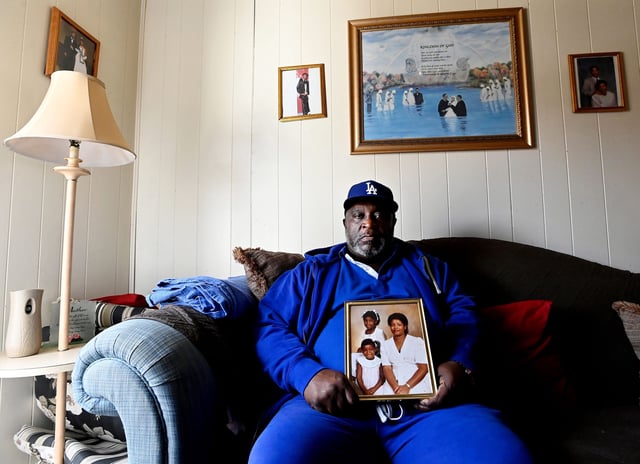Overview
- Tennessee has scheduled Byron Black’s execution for August 5 without deactivating his implanted cardioverter-defibrillator.
- A Davidson County chancery court ordered the device turned off before the execution, but the Tennessee Supreme Court overruled that order on July 30.
- Nashville General Hospital confirmed it will not assist with device deactivation, citing medical ethics prohibitions and lack of official authorization.
- Black’s attorneys have filed last-minute appeals to the U.S. Supreme Court and submitted a clemency petition to the governor, yet no new stays have been granted.
- The case tests the limits of Eighth Amendment protections and medical ethics in carrying out executions of medically vulnerable inmates.



